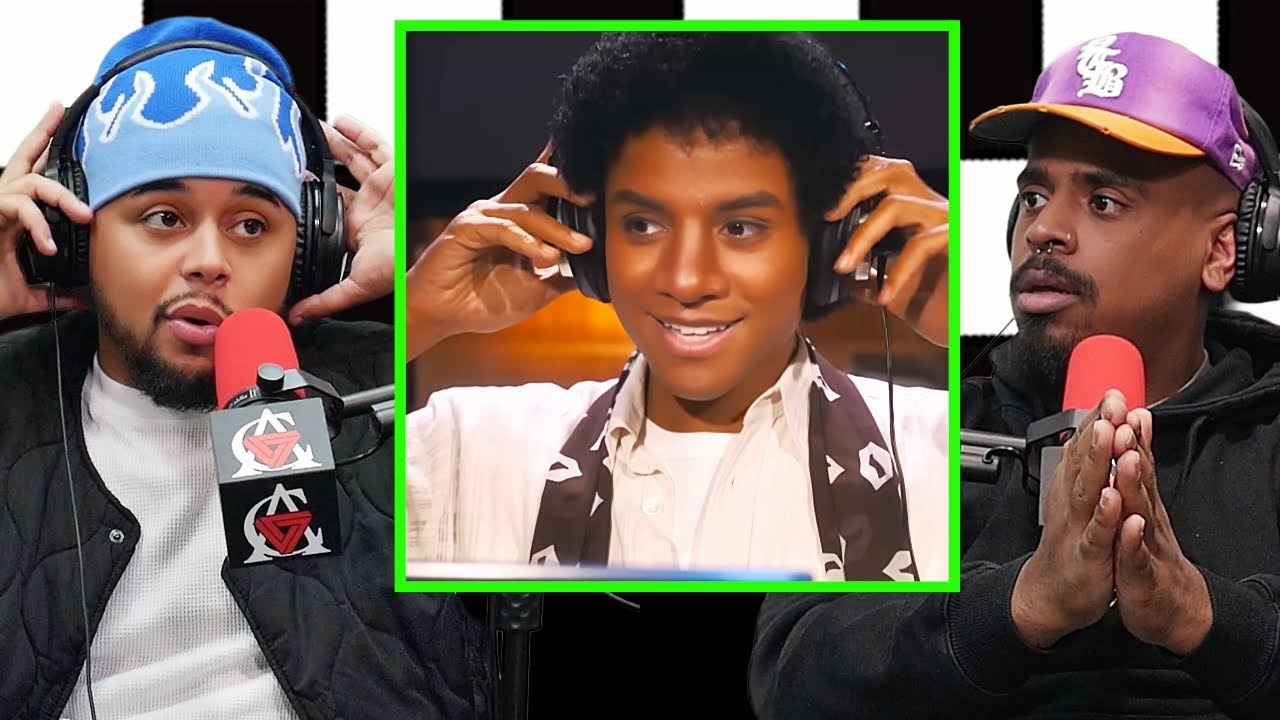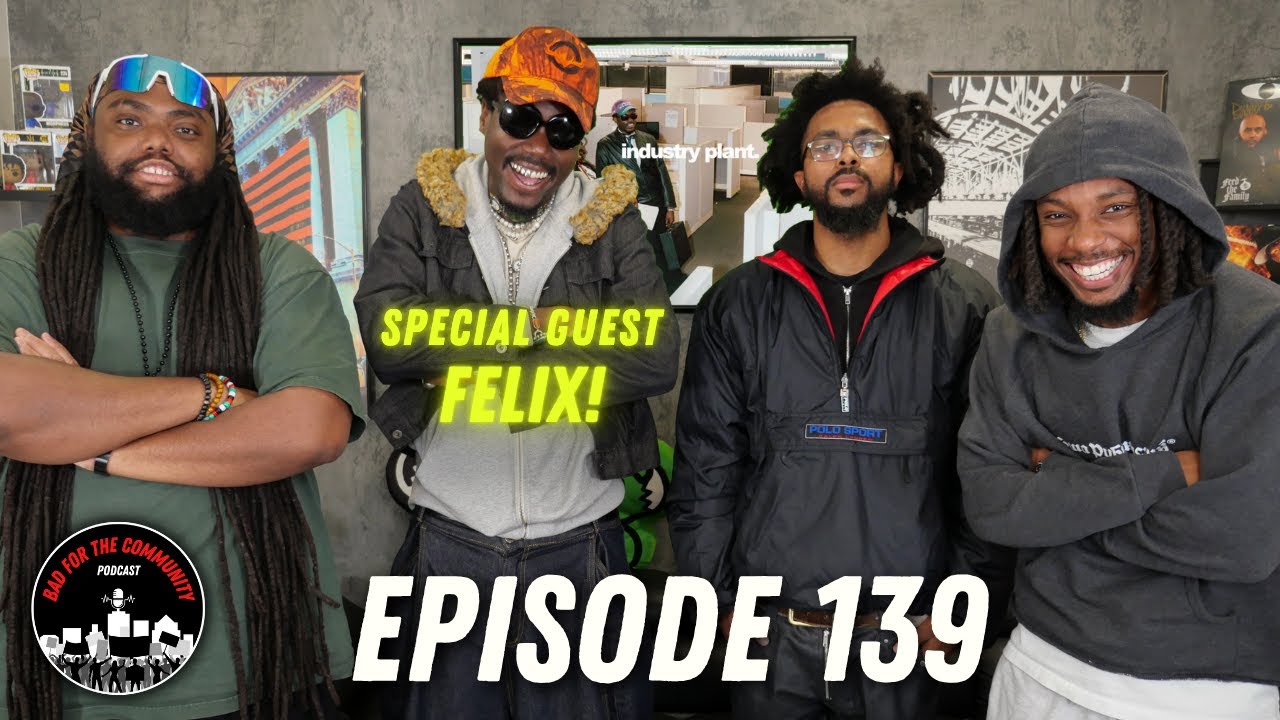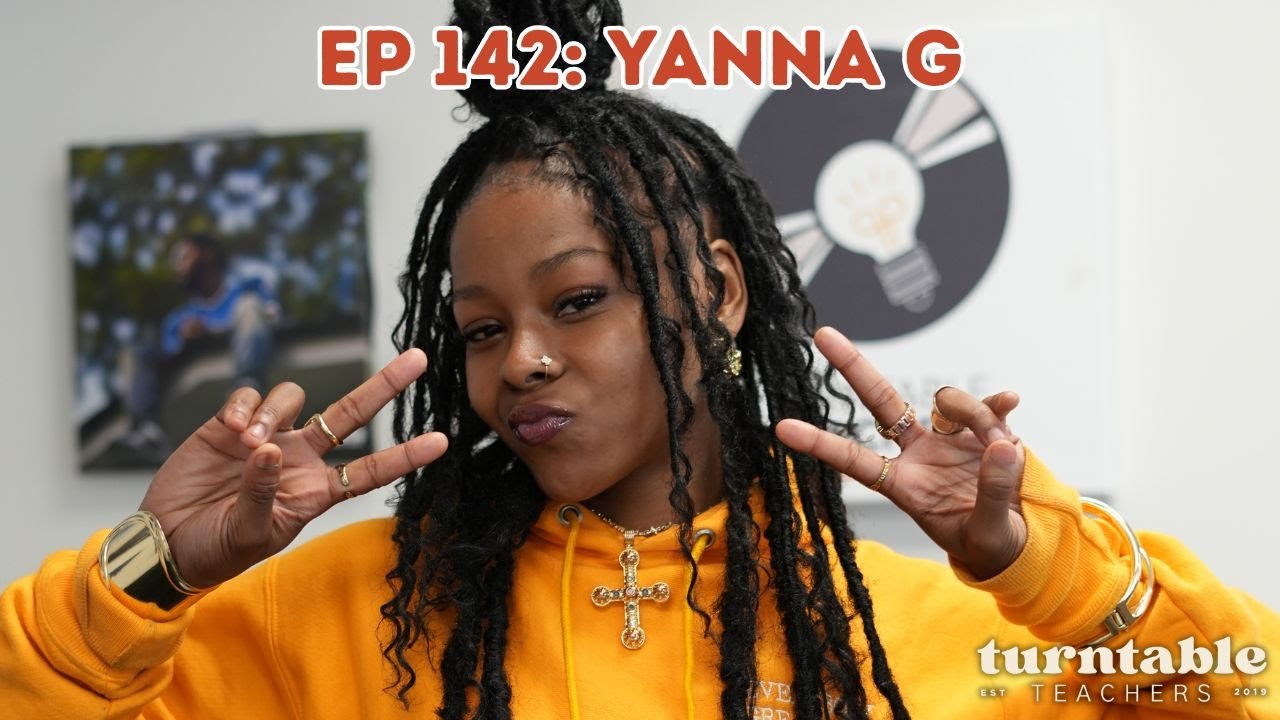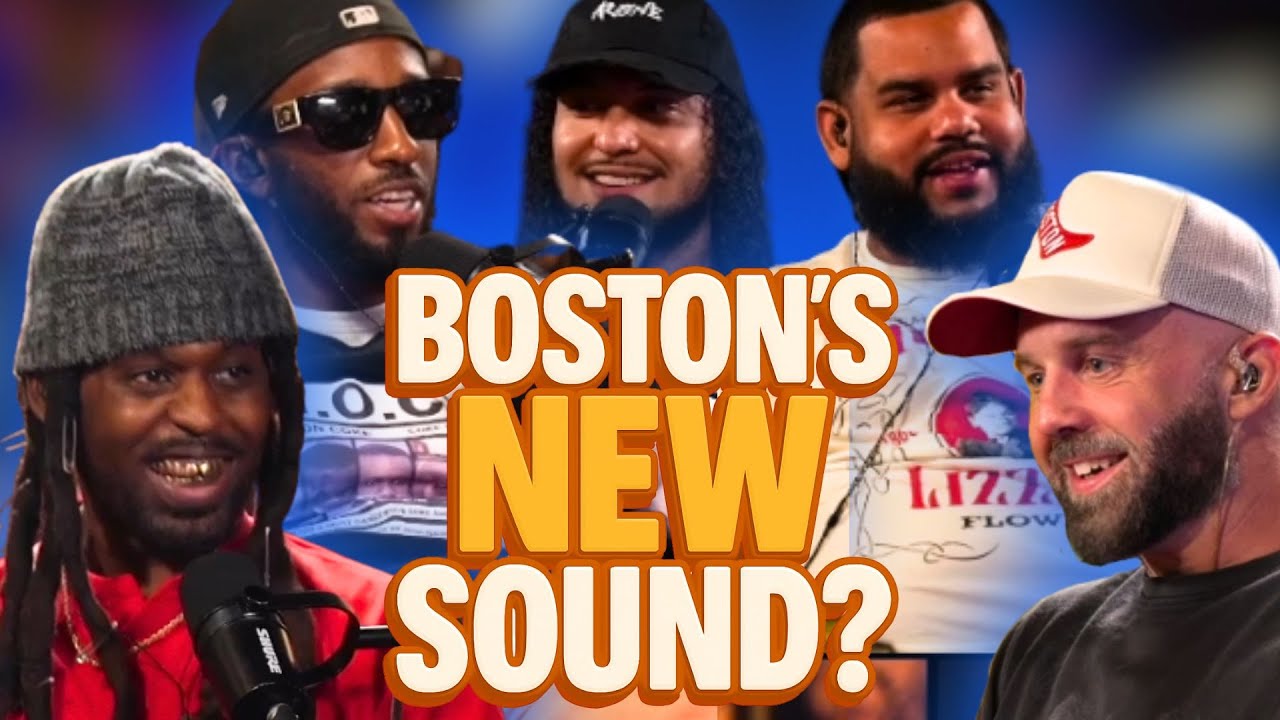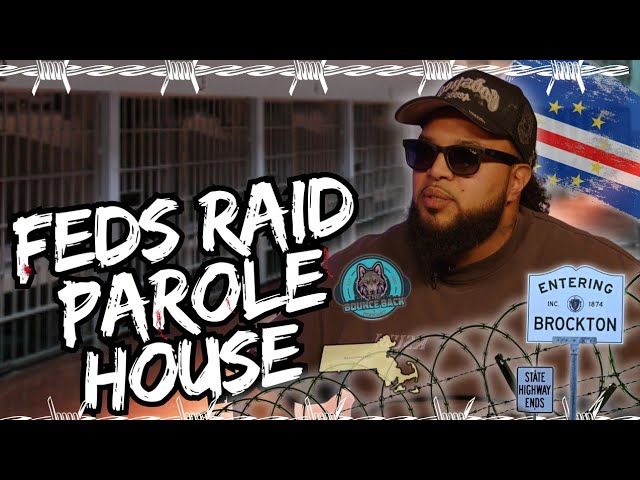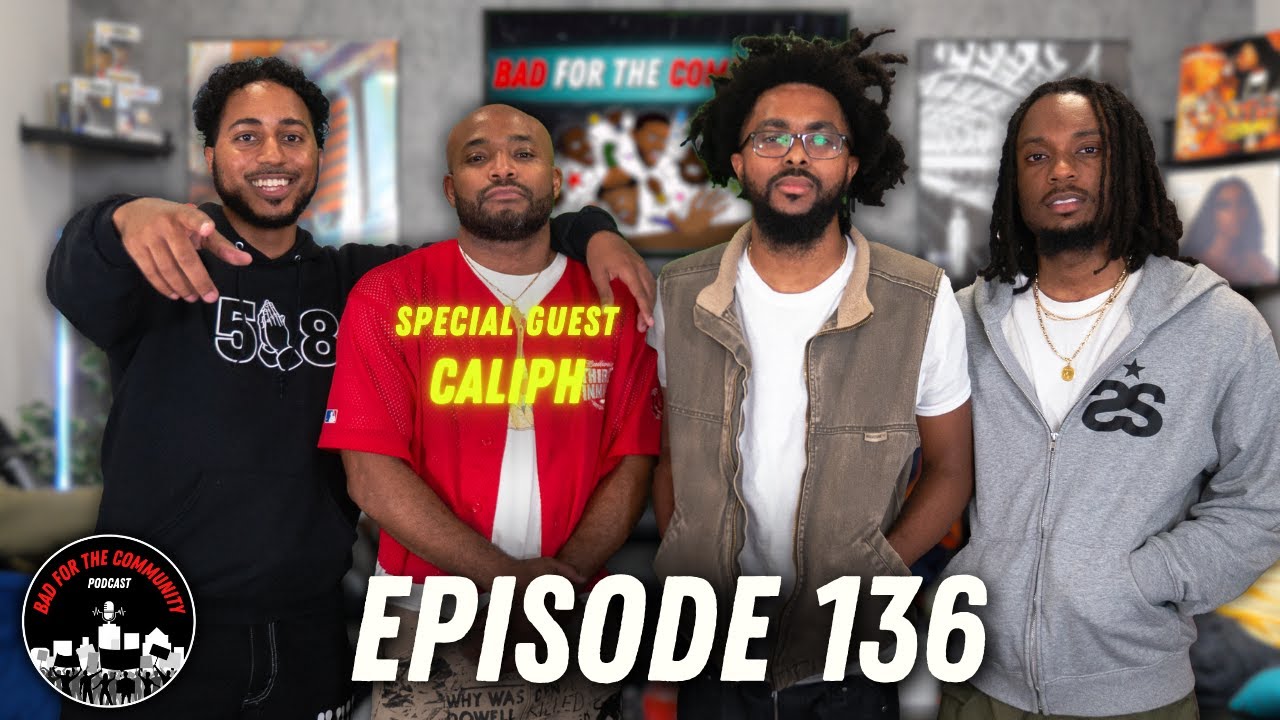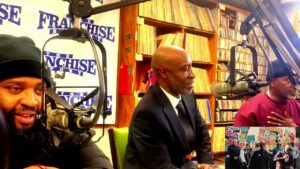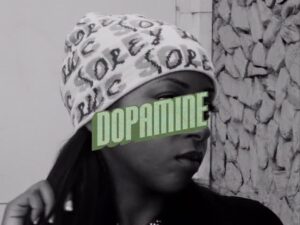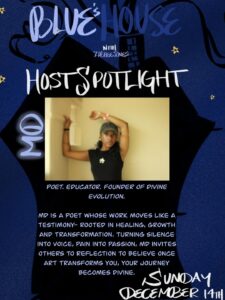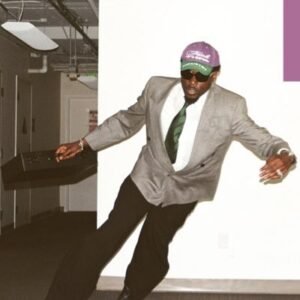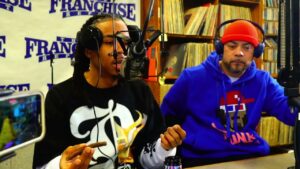In the latest episode of the Bad For The Community podcast, hosts Rob, Nate, and Saint Yves kick off the new year by offering their hot takes on the latest music drops and sports headlines. From LiAngelo Ball’s surprising track “Tweaker” to Joey Bada$$’s bold return with “The Ruler’s Back,” the hosts cover it all, blending music, sports, and pop culture.
One of the standout moments of the episode was the discussion about LiAngelo Ball’s new track “Tweaker.” Despite hailing from California, the song features a Southern influence that left the hosts intrigued. With his basketball career uncertain, especially after his brother Lonzo suggested he consider playing overseas rather than aiming for the NBA, the hosts wonder if this is the beginning of an alternative career for LiAngelo in music. They compare him to his more famous basketball brothers, questioning if he can carve out his own path outside of the NBA spotlight.
The conversation then transitions to sports, with the hosts diving into Jimmy Butler’s suspension for voicing his frustrations with his team. Speculation runs wild as they discuss where Butler might end up and dissect the current state of the Warriors’ lineup. They also touch on the dynamics of NBA players once they’ve secured major contracts and debate the work ethic of players in comparison to their MLB counterparts. Tensions flare as the hosts also discuss the Tyler Herro altercation with Amen Thompson during a game.
Joey Bada$$ is back with his new single “The Ruler’s Back,” and the hosts waste no time in dissecting the track. They examine whether the song’s opening lines could be aimed at Kendrick Lamar or the West Coast, ultimately concluding that it’s more of a tribute to Jay-Z. The conversation shifts to Joey’s place in New York hip-hop and whether his acting career—spanning TV shows and films—has shifted his focus from music. There’s also a debate on whether his early days with Pro Era still influence his sound, and how his evolution as an artist plays into his current standing in the rap game.
Tyler, The Creator’s relationship with the Los Angeles music scene is another topic that takes center stage. The hosts discuss his surprise appearance at a major event, his reception in LA, and the growing dominance of West Coast artists in 2025. With Tyler performing “Hey Now,” they reflect on his unique place in hip-hop and his continued influence on the genre.
Released on January 3rd, Lil Baby’s album WHAM sparks mixed reactions from the hosts. While they acknowledge his success, they argue that the album feels uninspiring, with repetitive formulas and beats that don’t push the envelope. The discussion turns to Lil Baby’s previous formula of catchy hooks and personal storytelling, and the hosts suggest he might need new collaborators to help evolve his sound. The conversation also highlights Lil Baby’s insightful interview with Big Loon, where he showed a depth often overlooked by critics.
The episode also touches on the careers of emerging artists like Ice Spice and Doechii. Ice Spice’s rise to popularity, particularly after her viral moments, is discussed, as well as the shift in public perception that turned her into a household name. Meanwhile, Doechii’s potential is recognized, though the hosts feel her current music doesn’t yet live up to her talent. Comparisons to Kendrick Lamar’s early career are made, with hopes that Doechii’s future projects will showcase her true range.
The conversation wouldn’t be complete without touching on the ongoing Drake and Kendrick Lamar rivalry. The hosts analyze the leaked “Fighting Irish” freestyle from Drake and its implications on his friendship with LeBron James, noting the tension around their relationship. They also discuss how Drake should handle the ongoing beef with Kendrick, considering their respective lyrical abilities and diss track histories.
Finally, the hosts discuss the impact of producer Conductor Williams, comparing him to other producers like Alchemist. They praise his distinctive style but express a desire for more versatility in his sound. His live performance skills and use of analog production techniques also come under the spotlight, as the hosts debate what it takes for producers to leave a lasting mark on the industry.

